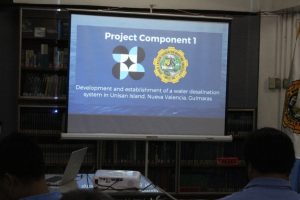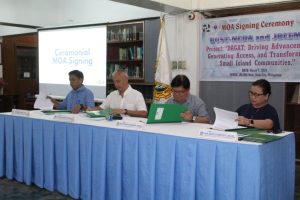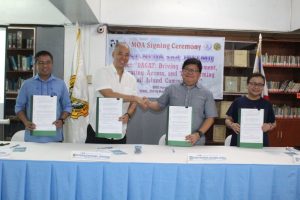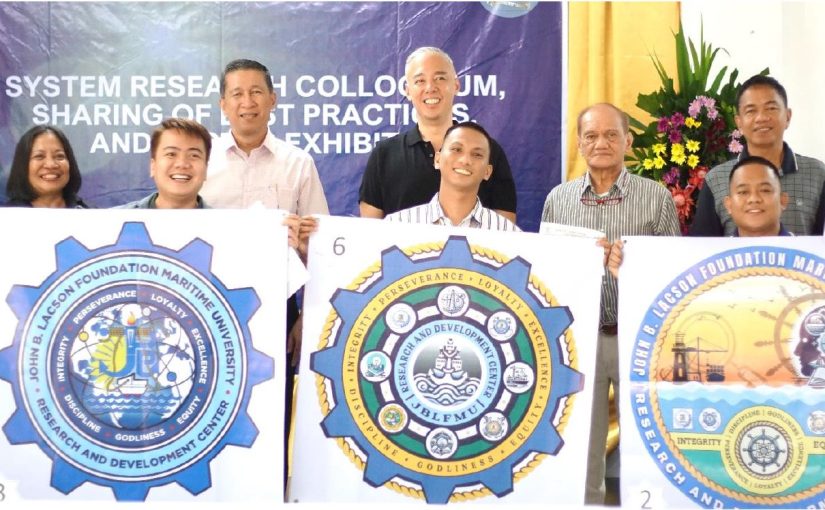JBLCF-Bacolod, June 5, 2024
The 2024 Unit Research Colloquium, an annual event of the Research Department under the leadership of Dr. Emeliza T. Estimo, the Unit Research Coordinator, once again showcased a number of academic innovations and studies across various fields from exceptional JBLCF-B students and employees. This year’s gathering at the Main Library on June 05, 2024, focused on the theme, “Waves of Innovation: Advancing Technology Research in the Academe.”
The keynote address by Dr. Armando R. Reosura, Patent Specialist, IAP/WIPO Director IPMO/Manager, ITSO of Carlos Hilado Memorial State University, called for a continued investment in diverse research fields and emphasized the significant roles researchers play in shaping a better future for the society.
Well done and congratulations to the winning presentations:
HAYDEE B. TIBO-OC, MBA
Best Presentation of Innovative Practices
Certificate of Commendation:
The REGISTRATION DEPARTMENT–Facing the Challenges for Continuous Improvement
C/M JOHN ERLL N. DESTACAMENTO, PHD
Best Paper Presentation (Employees Category)
Tracer Study of Bachelor of Science Marine Transportation Graduates of John B. Lacson Colleges Foundation-Bacolod
Co-author: Dr. Elisa V. Garcia
MDPN. FRANCIZ DANIELLE A. AURINO
Best Paper Presentation (Student Category-College of Maritime Education)
Self-Efficacy and Career Aspiration of Marine Engineering Students: A Correlational Study
Co-authors: Janzent M. Balasabas, Christian Arjay A. Bunhan, Jason B. Jalbuena, Nhoryelle Jazon V. Yusoya
KURT JUSTINE N. ESPIRITU
Best Paper Presentation (Student Category-College of Business and Education)
Coconut Sprout: A Meat Substitute
Co-authors: Joshua Jean S. Abad, Ma. Angel A. Barredo, Jhonna Marielle C. Golo, Madelyn M. Toledo
FRENZ JOHN G. ESTORES
Best Paper Presentation, (Student Category-Basic Education Department)
Vaping among Senior High School Students
Co-authors: Lester Joy G. Villanueva, Kion Glenn A. Porras, Joesuair S. Rosales
The event was graced by the presence of Dr. Melchor M. Magramo, JBLFMU Director for Research & Extension, Dr. Ma. Elena J. Eleperia, JBLFMU Academic Director, Dr. Sylvino V. Tupas Administrator, JBLF Training Center, Engr. Roberto Neal S. Sobrejuanite, JBLCF Administrator, 3/E Bernard Sorbito Jr., Unit QA Manager, Department Heads, Research Committee Members, judges, faculty, staff and students, and the guest presenters from the University of St. La Salle, Bacolod.
The successful 2024 Unit Research Colloquium paved the way for an era of collaborative technological breakthroughs within the academe. It highlighted the essential role that interdisciplinary partnerships play in fostering innovative research, driving advancements in technology that can address global challenges. /ICM
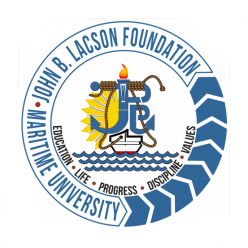
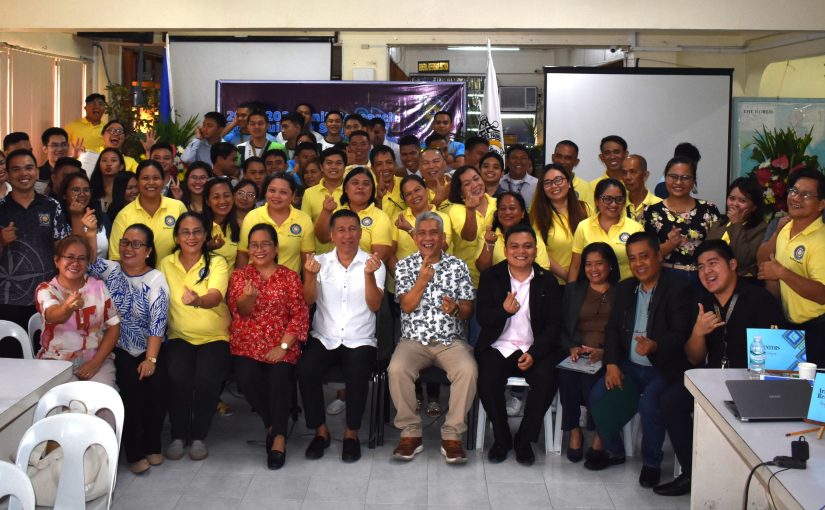
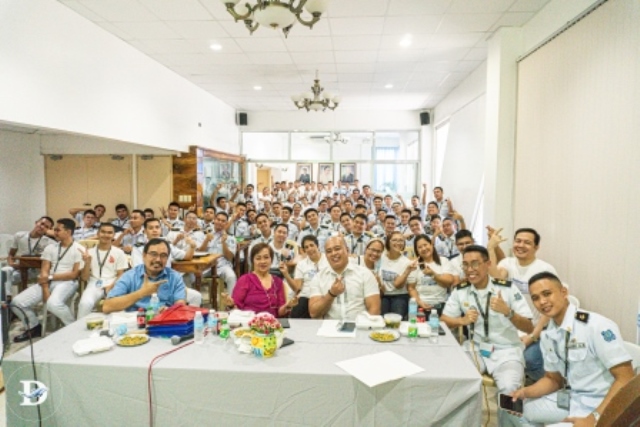



















































































 Embracing Mission Science for Sustainability
Embracing Mission Science for Sustainability Establishing Universities SDG Action Networks
Establishing Universities SDG Action Networks
